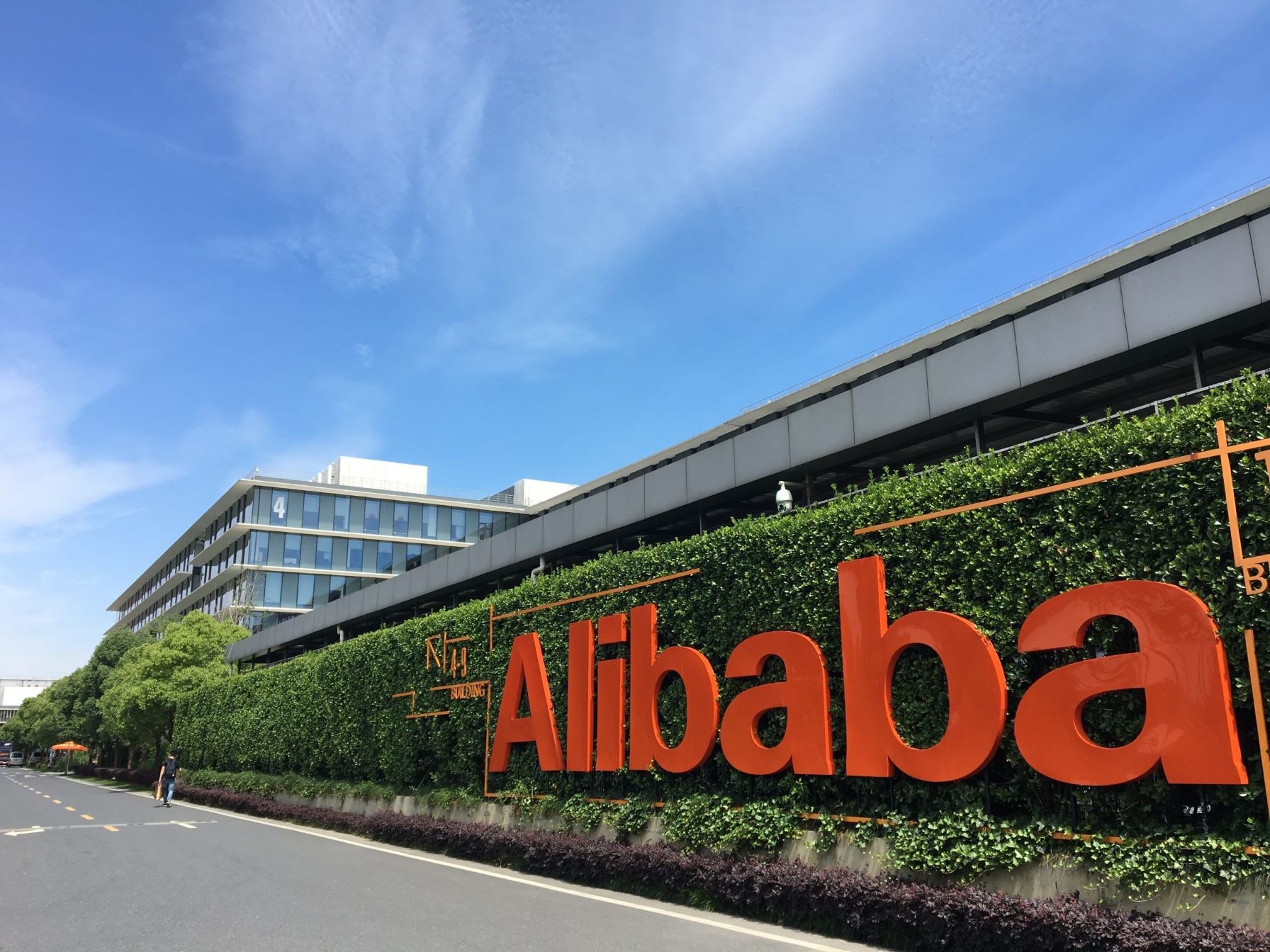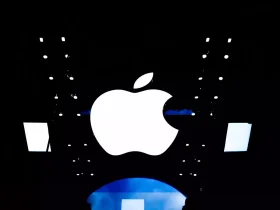Alibaba Group Holding Ltd.’s decision to cancel the listing of its logistics unit, Cainiao Smart Logistics Network Ltd., dealt a blow to Hong Kong’s aspirations for a revitalized IPO market.
This move has intensified pressure on the city’s leaders to devise alternative strategies for reinvigoration.
The Chinese e-commerce behemoth withdrew its plans for a $1 billion-plus share sale of Cainiao, attributing the decision to unfavorable market conditions.
Additionally, companies like Samsonite International SA and L’Occitane International SA are contemplating exits from Hong Kong’s stock exchange due to subdued valuations.

Andy Wong, an IPO leader at advisory firm SW Hong Kong, emphasized the necessity for “fundamental changes” in how Hong Kong is perceived. He noted, “The drain of international capital in Hong Kong also significantly increases the difficulties of an IPO success.”
Hong Kong has witnessed a decline in IPO fundraising for four consecutive years, attributed to Beijing’s regulatory crackdown on private enterprises, a decelerating Chinese economy, and geopolitical tensions with the U.S.
Data compiled indicates a 39% decline in IPO proceeds for the current quarter, reaching approximately $508 million, signaling the worst three-month period since the global financial crisis.
Notably, Hong Kong has not seen an IPO surpassing $1 billion since CALB Group Co.’s debut in October 2022, leading to a 38% decline in its total market capitalization from its 2021 peak.

Alibaba’s Chairman, Joseph Tsai, remarked during a conference call with analysts, “Markets are pretty depressed; there’s also a lack of liquidity.” He added, “For us, it doesn’t make sense to continue to grind into these capital markets deals if it doesn’t unlock value for shareholders.”
The benchmark Hang Seng Index has plummeted nearly 50% from its 2021 peak, despite a recent uptick.
A banker affected by redundancies at Goldman Sachs Group Inc. noted that the decline in IPOs originating from China necessitates further consideration of restructuring within banks.






Leave a Reply